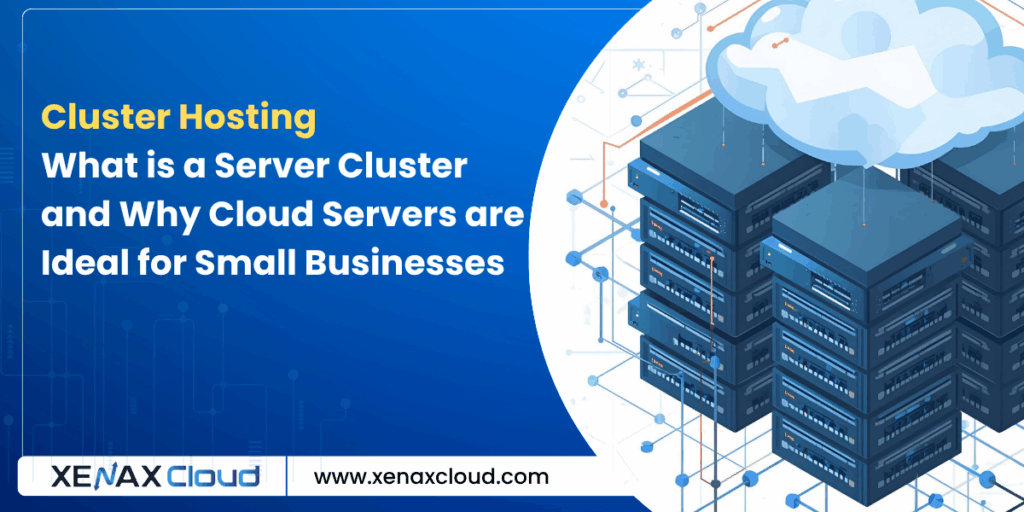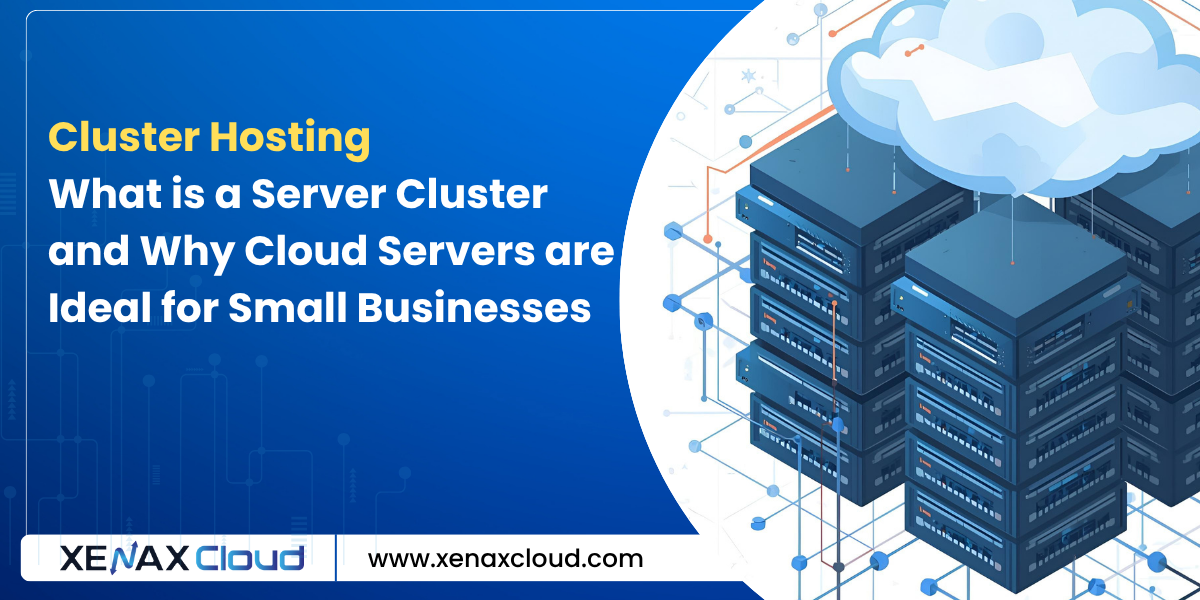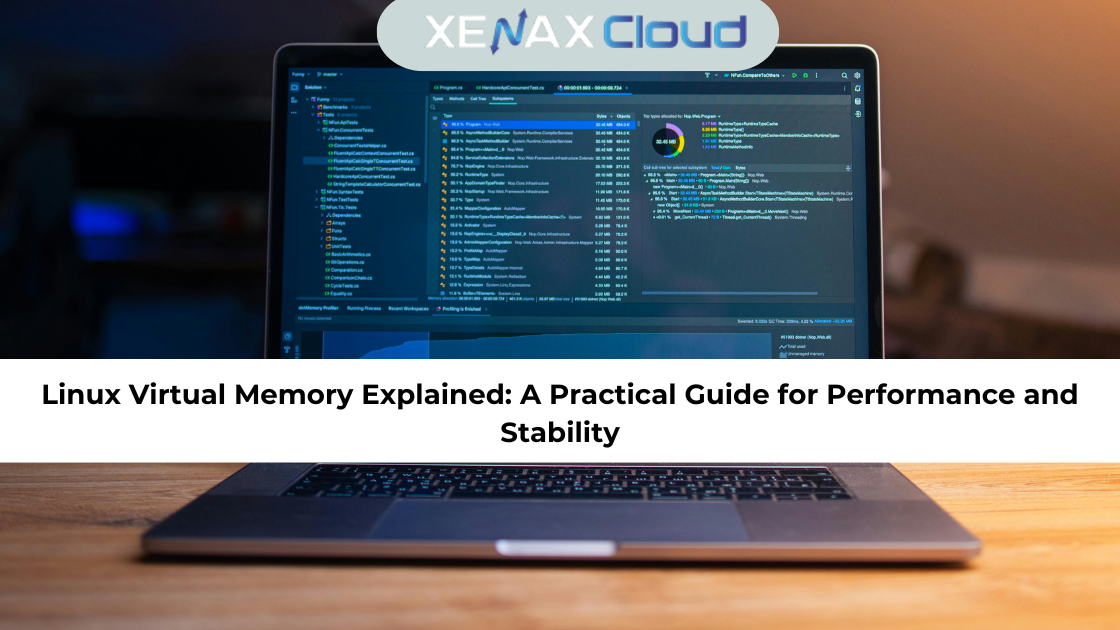Let’s paint a picture: You’re a small business owner in Delhi, managing an online store that suddenly sees a traffic surge from shoppers in Dubai and Dallas during a flash sale. Or imagine you’re a developer in Munich, building an app that needs to run flawlessly 24/7 without crashing under load. In 2025, where digital disruptions can wipe out 20-30% of revenue in minutes due to downtime, understanding cluster hosting and what is a server cluster could be the difference between thriving and barely surviving. It’s not just tech jargon—it’s a lifeline for handling growth without breaking the bank.
This topic resonates deeply with businesses, startups, and developers in India, the USA, UAE, UK, Germany, Japan, Canada, Switzerland, France, and around the world because server clusters offer unmatched reliability in an era where cloud adoption is skyrocketing. With global cloud spending projected to exceed $1 trillion by 2026, small businesses are leveraging cluster hosting to compete with giants, ensuring high availability and scalability. In India, where the digital economy is booming at 15% annually, affordable cloud servers for small businesses mean lower costs and faster local access. Globally, it addresses challenges like data sovereignty in the EU or high-traffic demands in Japan, all while cutting operational expenses by up to 40% through efficient resource use. At XenaxCloud, our India-based global data centers make cluster hosting accessible, blending local expertise with worldwide reach. Whether you’re optimizing for cost in the UAE or innovation in Canada, let’s dive into what is a server cluster, how cluster hosting works, and why cloud servers are a game-changer for small businesses—equipping you with the knowledge to scale smartly.
What is a Server Cluster?
Let’s start with the basics— what is a server cluster? In simple terms, it’s like a team of computers working together as one super-powered unit. Instead of relying on a single server (that lone wolf that could fail at any moment), a cluster groups multiple servers (nodes) to share tasks, providing backup if one goes down.
Think of it as a relay race: If one runner stumbles, another picks up the baton without stopping the race. This setup is common in data centers, where servers connect via high-speed networks to act as a unified system. For businesses in France running e-commerce or developers in Switzerland coding complex apps, this means no single point of failure, keeping everything humming.
Types of Server Clusters
Not all clusters are the same—they come in flavors based on needs.
- High-Availability Clusters: Focused on uptime, these use redundancy (duplicates of everything) to switch seamlessly if a node fails. Ideal for mission-critical apps like banking in the UK.
- Load-Balancing Clusters: Distribute traffic across nodes to prevent overload, perfect for high-traffic sites in the USA where one server couldn’t handle the rush.
- High-Performance Clusters: Combine computing power for heavy tasks like data analysis in Germany or AI in Japan.
Each type enhances reliability, but the core idea is collaboration for better performance.
How Does a Server Cluster Work?
Behind the scenes, software like Microsoft Failover Clustering or open-source tools (Kubernetes for cloud) manages the magic. Nodes communicate via “heartbeats” (regular checks) to detect issues, then redirect work.
For small businesses in Canada, this translates to automatic failover—no manual intervention needed. It’s more complex than basic hosting but worth it for stability.
At XenaxCloud, we incorporate cluster principles in our VPS plans, offering virtual clusters that mimic this setup affordably.
What is Cluster Hosting?
Building on clusters, cluster hosting takes it to the web world. It’s a service where your website or app runs on a clustered server environment, spreading data and tasks across multiple machines for redundancy and speed.
Unlike traditional single-server hosting, cluster hosting ensures if one server hiccups (due to maintenance or failure), others step in instantly. Providers use load balancers (traffic directors) and shared storage (like SAN) to keep things synced.
For startups in India facing power outages or developers in the UAE dealing with peak loads, cluster hosting means 99.99% uptime—crucial when every second offline costs money.
Key Components of Cluster Hosting
To make it work, several pieces fit together.
- Nodes: The individual servers in the cluster, each with CPU, RAM, and storage.
- Load Balancer: Distributes incoming requests evenly, preventing bottlenecks.
- Shared Storage: Central data pool (e.g., via NFS) so all nodes access the same files.
- Management Software: Tools like cPanel in clustered mode or custom scripts monitor and automate.
This setup is scalable—add nodes as your business grows from a local shop in Switzerland to a global brand.
Cluster Hosting vs. Traditional Hosting
Why choose cluster over shared or VPS? Shared is cheap but risky (one bad neighbor crashes all), VPS is isolated but single-point vulnerable. Cluster hosting combines isolation with redundancy.
Costs more upfront (starting $50-200/month vs. $5 for shared), but saves on downtime—businesses report 21% more profit with reliable hosting.
Benefits of Cluster Hosting
Cluster hosting isn’t hype—it’s packed with perks that drive real results.
Enhanced Reliability and Uptime
The big win: No single failure tanks your site. Redundancy means automatic failover, achieving 99.999% uptime in top setups.
- For Small Businesses: In volatile markets like India, this prevents losses during peaks.
- Global Impact: Developers in Japan can deploy updates without interrupting users in France.
Studies show clustered systems reduce downtime by 90%, boosting customer trust.
Improved Performance and Scalability
Clusters handle more traffic by distributing loads, speeding up response times.
- Load Balancing: Ensures even distribution, cutting wait times by 50%.
- Easy Scaling: Add servers on-demand, ideal for growing e-com in the USA.
For startups in Canada, this means handling Black Friday without crashes.
Cost Efficiency Over Time
While initial domain renewal charges—wait, setup fees—are higher, long-term savings come from less hardware and energy use.
- Pay for What You Need: Cloud-based clusters scale costs with usage.
- Reduced Maintenance: Automated management lowers IT overhead.
Small businesses see 26% faster growth with such systems.
Better Security Features
Isolated nodes with shared monitoring spot threats faster.
- DDoS Protection: Clusters absorb attacks better.
- Data Replication: Backups across nodes prevent loss.
In security-focused Germany or UAE, this aligns with regs like GDPR.
XenaxCloud’s Dedicated Servers incorporate clustering for ultimate security.
Cloud Servers for Small Businesses: The Perfect Fit with Cluster Hosting
Now, tie in cloud servers for small businesses—the modern twist on clusters. Cloud servers are virtual machines in a clustered cloud environment, offering on-demand resources without owning hardware.
In 2025, with hybrid cloud trending, small businesses flock to them for flexibility. Providers like AWS or Google Cloud run massive clusters, letting you tap in affordably.
What Are Cloud Servers?
Essentially, VPS on steroids—virtual servers in the cloud, backed by clustered physical hardware. You get scalability (resize in minutes) and pay-as-you-go pricing.
For developers in the UK building prototypes or businesses in Switzerland managing inventory, cloud servers mean no upfront capex—just monthly bills based on use.
Advantages of Cloud Servers for Small Businesses
Cloud servers shine for SMBs, per 2025 trends.
Scalability on Demand
Grow resources instantly—add CPU during sales, downsize later.
- Benefit: Saves 30-50% vs. overprovisioning traditional servers.
- Trend: AI integration auto-scales, per 2025 forecasts.
Ideal for seasonal businesses in Japan.
Cost-Effective Operations
No hardware buys—pay $5-100/month based on needs.
- Savings: Eliminate maintenance, electricity costs.
- Flexibility: Hybrid models blend on-prem and cloud.
Small firms report 21% profit boost.
Enhanced Collaboration and Accessibility
Remote access from anywhere—great for global teams in India and Canada.
- Mobile-Friendly: Manage via apps.
- Collaboration Tools: Integrate with Office 365 or Google Workspace.
Robust Security and Backup
Providers offer enterprise-grade protection—firewalls, encryption.
- Disaster Recovery: Automated backups, quick restores.
- Compliance: Built-in for PCI, HIPAA.
In 2025, zero-trust models trend, enhancing safety.
Environmental Sustainability
Green data centers reduce carbon footprint—appeals to eco-aware UAE markets.
XenaxCloud’s cloud-inspired Shared Hosting starts small businesses off green.
How to Implement Cluster Hosting with Cloud Servers
Ready to dive in? Here’s a guide for small businesses.
Assess Your Needs
- Traffic: Low? Basic cloud VPS. High? Full cluster.
- Budget: Start $20/month.
Choose a Provider
Look for uptime, support—XenaxCloud for global reach.
Set Up the Cluster
Use tools like Kubernetes for orchestration.
- Install load balancers, configure nodes.
Migrate Data
Transfer from old hosting—free with many providers.
Monitor and Optimize
Use dashboards for performance; adjust as needed.
For remote, Indian RDP.

FAQs
What is a server cluster in simple terms?
A server cluster is a group of connected servers working as one system for better reliability and performance, ideal for cluster hosting in demanding environments.
How does cluster hosting benefit small businesses?
Cluster hosting offers high uptime, scalability, and cost savings, helping small businesses handle growth without downtime or high expenses.
What are cloud servers for small businesses?
Cloud servers for small businesses are virtual machines in the cloud, providing flexible, pay-as-you-go resources for websites, apps, and data storage.
Are domain renewal charges related to cluster hosting?
While not directly, maintaining domains is key for cluster-hosted sites; charges start low, but timely renewal prevents access issues.
Is cluster hosting suitable for startups?
Yes, cluster hosting’s scalability makes it perfect for startups, starting affordable and growing with your needs globally.
Conclusion
Cluster hosting and understanding what is a server cluster unlock reliability for your digital ventures, while cloud servers for small businesses offer the flexibility to thrive. From uptime boosts to cost efficiencies, it’s empowering operations worldwide.
Ready to cluster up? Explore XenaxCloud’s solutions—dive into VPS for starter clusters or Dedicated Servers for power. Contact us for a free audit and scale your success today!






